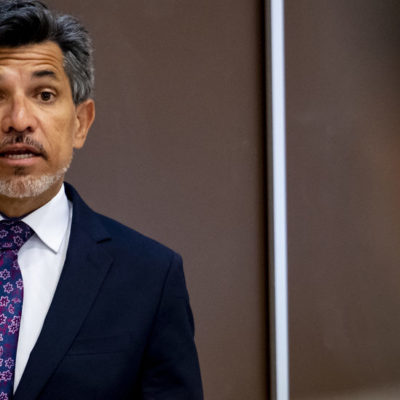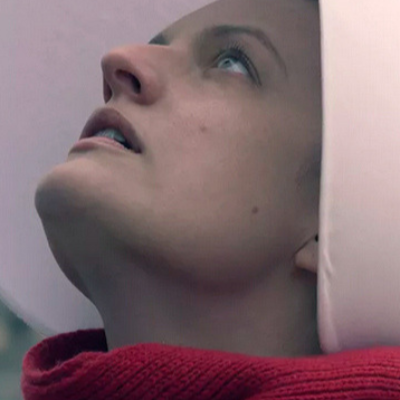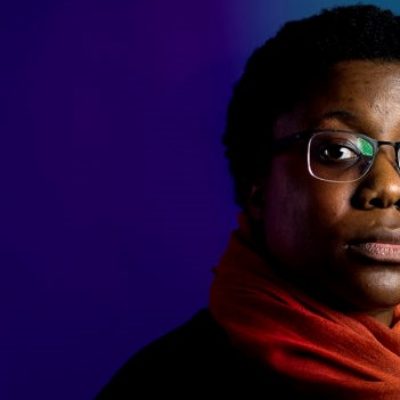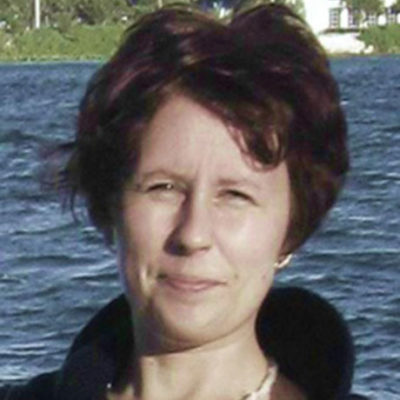Natalie Shibley

Visiting Assistant Professor
Natalie Shibley is writing a manuscript about race, homosexuality investigations, and notions of disease in the U.S. military from the 1940s to 1990s. Her research has been supported by the William Nelson Cromwell Foundation, the U.S. Army Military History Institute, the Schlesinger Library, and Cornell University Library, among other sources. Dr. Shibley earned a PhD from the University of Pennsylvania, where she was the first recipient of a joint doctoral degree in Africana Studies & History.
Areas of research and teaching specialization include: History of gender and sexuality; African American history; history of medicine and public health; military history; and science and technology studies. Prior to coming to Northeastern, Professor Shibley was Visiting Assistant Professor at Wesleyan University.
Du Bois-Wells Graduate Student Conference Paper Prize, African American Intellectual History Society, 2018
Research Support Grant, Schlesinger Library, Harvard University, 2022
Early Career Scholar Fellowship, William Nelson Cromwell Foundation and American Society for Legal History, 2019
-
Education
PhD, University of Pennsylvania, Africana Studies & History
-
Contact
-
Address
259 Holmes Hall
Related Stories
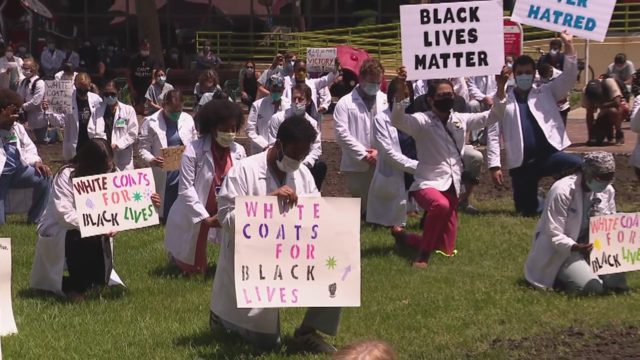
Gender, Race, and Medicine
WMNS/AFRS/HIST 1225
This course will ask students to question what they “know” about science and the scientific process. We will problematize “scientific objectivity” and probe foundational scientific ideas about race, sex, and gender while simultaneously examining what these basic tenets have meant for marginalized groups in society, particularly when seeking medical care. We will use both contemporary and historical moments to investigate the evolution of “scientific truth” and its impact on the U.S. cultural landscape. Students will engage feminist science theories ranging from linguistic metaphors of the immune system and the medicalization of race to critiques of the sexual binary. Using the unique lens of feminist theory, students will revisit their disciplinary training as a site for critical analysis.
